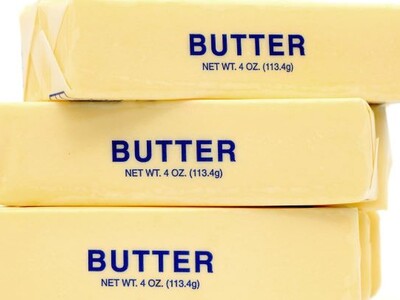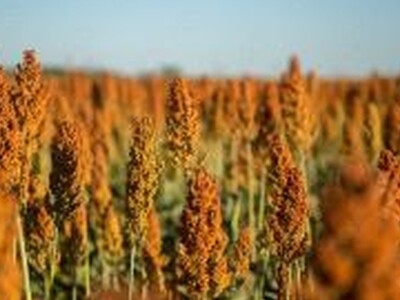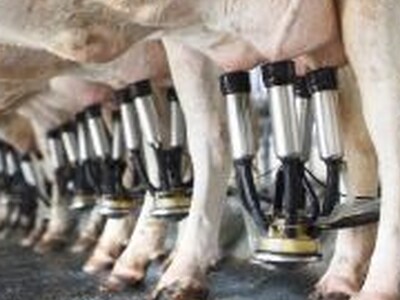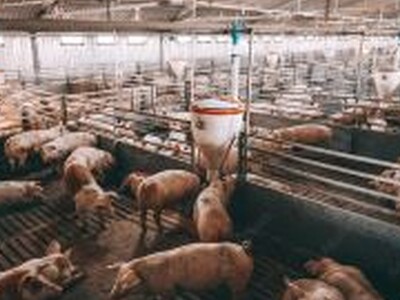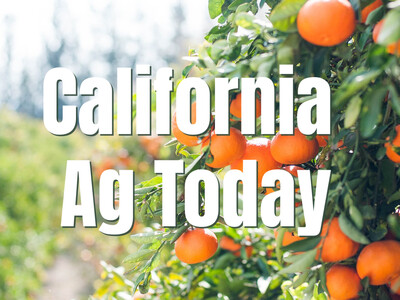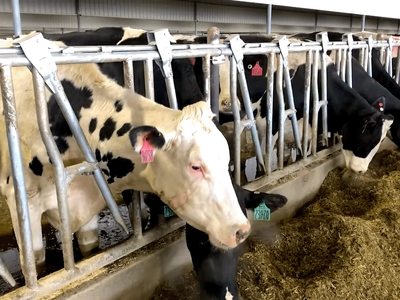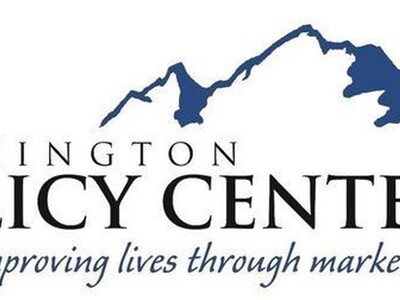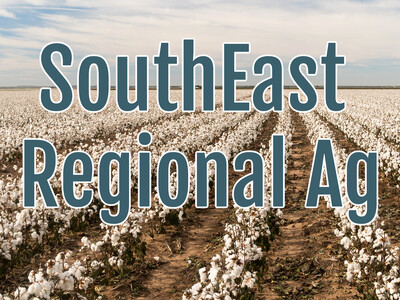Organic Lies
My daughter, who is a television reporter, recently told me how about a story in which people bought produce at a local grocery store and brought it to a farmers market and sold it as though it had been raised on their organic farm. Outrageous, but, recently, on Capitol Hill, there was a congressional hearing centering basically on the integrity of the organic label. Undersecretary of Agriculture Greg Ibach told lawmakers that we consumers in this country bought a record 52 and a half billion dollars worth of organic products last year, up 6 percent from the year before.This includes 1000 new farms that were certified in the U.S. last year. This growth has been supported by USDA's development of clear and enforceable organic standards.
Now, some argue that the standards are too tough, that they may actually be slowing down the entry of new farms into organic production, particularly that rule that mandates three years conversion time to go from conventional farming to certified organic farming. Three years in which you as a farmer would produce organically but have to deal with possible impacts of that, which might include decreased yields.
But you don't have the ability to take advantage of the increased prices. That's an economic challenge for many of our small and mid-sized farmers and maybe is one of the reasons why we don't see more producers entering the organic marketplace.





